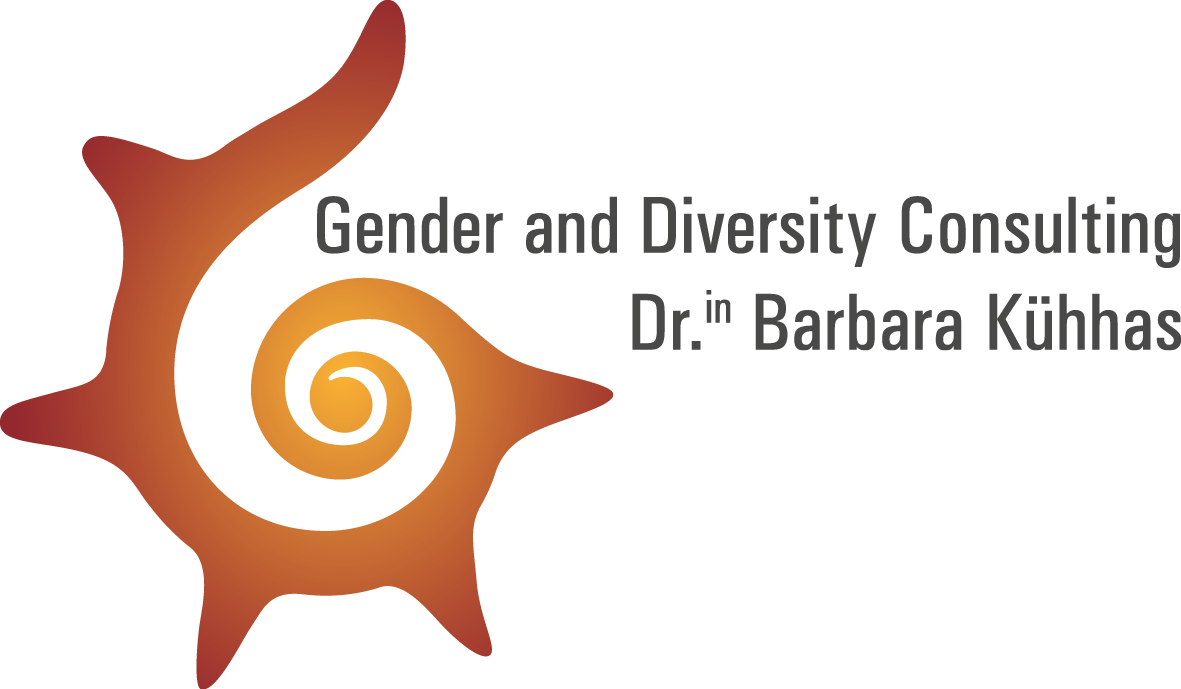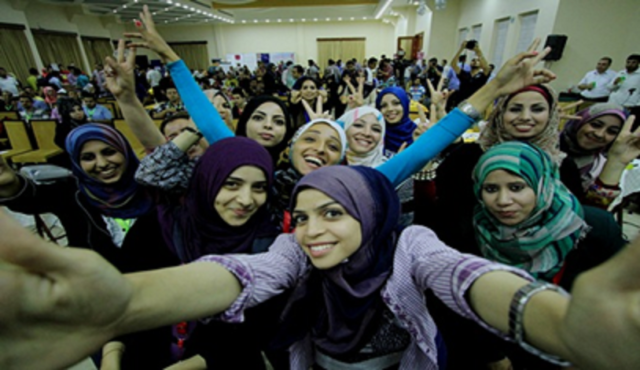Women’s rights cannot be fully attained in the conditions of conflict and violence.
And no society can call itself truly peaceful unless it has achieved gender equality, and ensured women’s meaningful participation in decision-making at all levels, including on peace and security. The Convention on the Elimination of All Forms of Discrimination Against Women (CEDAW) and the UN Security Council Resolutions on Women, Peace and Security (WPS) are two sets of groundbreaking laws that recognize the importance of women’s rights and women’s participation; and provide a set of standards for gender equality; women’s rights; and women’s meaningful participation in decision-making at all levels. There are strong synergies between these two sets of instruments, which – however – often remain underutilized.
The Global Network of Women Peacebuilders (GNWP) welcomes the signing of the Framework of Cooperation between the Committee on the Elimination of All Forms of Discrimination against Women (CEDAW Committee) and the Office of the UN Special Representative of the Secretary-General on Sexual Violence in Conflict (OSRSG-SVC), which is an important step towards the strengthening of the synergies between CEDAW and WPS. Special Representative Pramila Patten and CEDAW Committee Chair Dalia Leinarte signed the Framework of Cooperation on July 20, 2018.
The Cooperation Agreement aims to advance the rights of women and girls by combating conflict-related sexual violence, supporting the implementation of the United Nations Security Council resolutions on women, peace and security/sexual violence in conflict (SCRs 1820 (2008), 1888 (2009), 1960 (2010), 2106 (2013) and 2331 (2016)) as a strategy to protect women and girls from the gendered scourge of conflict. The areas of collaboration under this agreement include:
1. Exchange of information regarding country situations under consideration by the Committee and those subject to visits and reports by the Committee and the SRSG-SVC.
2. Use of exceptional reports and visits to address concerns about violations of women’s human rights in conflict and post-conflict situations;
3. Effective use of opportunities for the advancement of the women, peace and security agenda including the use of various UN platforms such as the Arria Formula;
4. Holding panel discussions panels to take stock of the status of implementation of the various frameworks governing women, peace and security to improve synergies between the Committee and the SRSG-SVC’s mandates; and
5. Undertaking joint outreach activities to promote the work of both mandates including under CEDAW General Recommendation No. 30 (2013) on women in conflict prevention, conflict and post-conflict situations and the Security Council resolutions on women, peace and security and sexual violence in conflict.
“This is a win-win cooperation between the CEDAW Committee and the SRSG-SVC and the women of the world,” says GNWP CEO Mavic Cabrera-Balleza. “The Cooperation Framework is an instrument that will foster coordination, coherence and concerted effort to promote and protect the rights of women and girls, particularly those affected by conflict-related sexual violence. It is a key contribution towards the attainment of the Sustainable Development Goal 5 on gender equality and the sustaining peace agenda as it is in line with the three pillars of the UN: peace and security, human rights and development. Equally important, civil society will be able to use the Cooperation Framework as a tool to maximize overall accountability for women and girls’ rights in conflict,” Ms. Cabrera-Balleza explained further.
Since 2012, GNWP and the Permanent Mission of Switzerland to the UN with support from Switzerland’s Federal Department of Foreign Affairs (FDFA), Directorate for International Law has actively promoted the use of CEDAW as a complementary accountability mechanism to the WPS resolutions. They have organized panel discussions on the synergies between the two sets of international instruments. In December 2016, GNWP worked closely with the Permanent Mission of Uruguay to support the convening of an Arria Formula meeting which brought together the CEDAW Committee and the Security Council to discuss the linkages between human rights and the women and peace and security agenda. At the meeting, the CEDAW Committee was urged to recommend concrete actions to Member States for the implementation of women’s human rights in conflict prevention and in conflict and post-conflict situations, including recommendations to non-conflict countries regarding extraterritorial obligations under CEDAW.
GNWP’s other initiatives in promoting the synergies between CEDAW and the WPS resolutions include a briefing to the Group of Friends of WPS; regional as well as country-specific trainings on the use of CEDAW for monitoring and reporting on the implementation of the WPS resolutions; case studies, and a forthcoming policy brief.
The full statement from the Office of the Special Representative of the Secretary General on Sexual Violence is available here.
1GNWP conducted a training on CEDAW GR 30 with Palestinian women’s rights activists and government representatives in Amman, Jordan in March 2018. Similar training workshops with women CSOs and government officials from Nepal and Yemen are also being planned.
By Mavic Cabrera Balleza, Kelly Yzique Zea and Agnieszka Fal-Dutra Santos
Connect with: Global Network of Women Peacebuilders | 777 UN Plaza, Suite 7-H, New York, NY 10017

